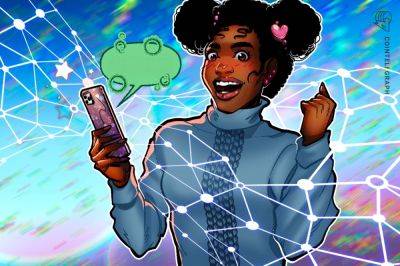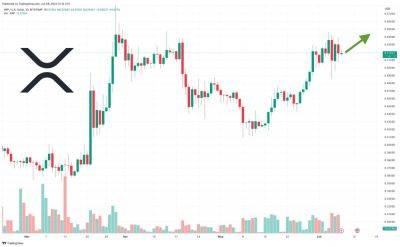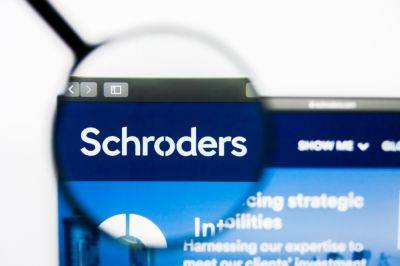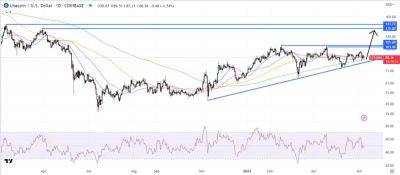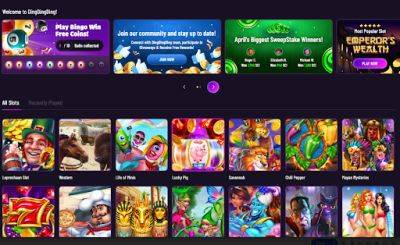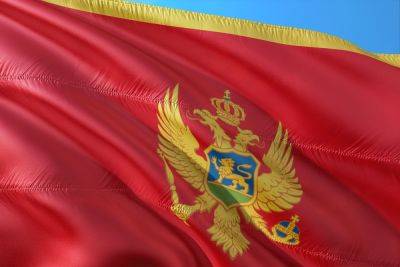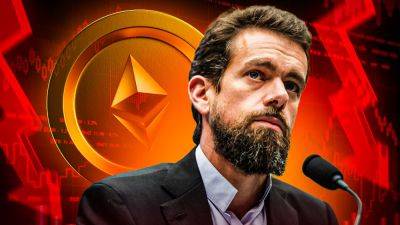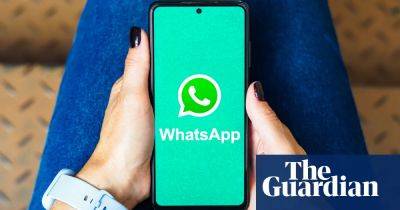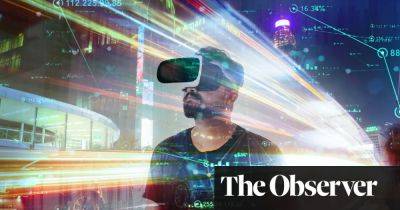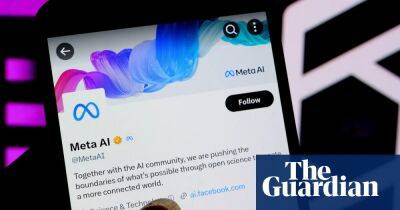A moment’s silence, please, for the death of Mark Zuckerberg’s metaverse
D early beloved, we are gathered here today to remember the metaverse, which was quietly laid to rest a few weeks ago by its grieving adoptive parent, one Mark Zuckerberg. Those of you with long memories will remember how, in October 2021, Zuck (as he is known to his friends) excitedly announced the arrival of his new adoptee, to which he had playfully assigned the nickname “The Future”.
So delighted was he that he had even renamed his family home in her honour. Henceforth, what was formerly called “Facebook” would be known as “Meta”. In a presentation at the company’s annual conference, Zuckerberg announced the name change and detailed how his child would grow up to be a new version of cyberspace. She “will be the successor to the mobile internet”, he told a stunned audience of credulous hacks and cynical Wall Street analysts. “We’ll be able to feel present – like we’re right there with people no matter how far apart we actually are.” And no expense would be spared in ensuring that his child would fulfil her destiny.
On that last matter, at least, Zuck was as good as his word. He set out to hire 10,000 engineers in Europe alone and blow uncountable piles of money to ensure this vision would become a reality. Up to the end of last October, the project had soaked up $36bn (about £30bn), with little to show for it but an expensive video in which Zuck (who always manages to look like his virtual-reality avatar) talked about how good it was going to be – “the experiences you’re going to have, what the creative economy will build and the technology that needs to be invented”. Note that last phrase: what actually emerged was a virtual-reality platform called Horizon Worlds, accessible only via naff and clunky Oculus headsets
Read more on theguardian.com


